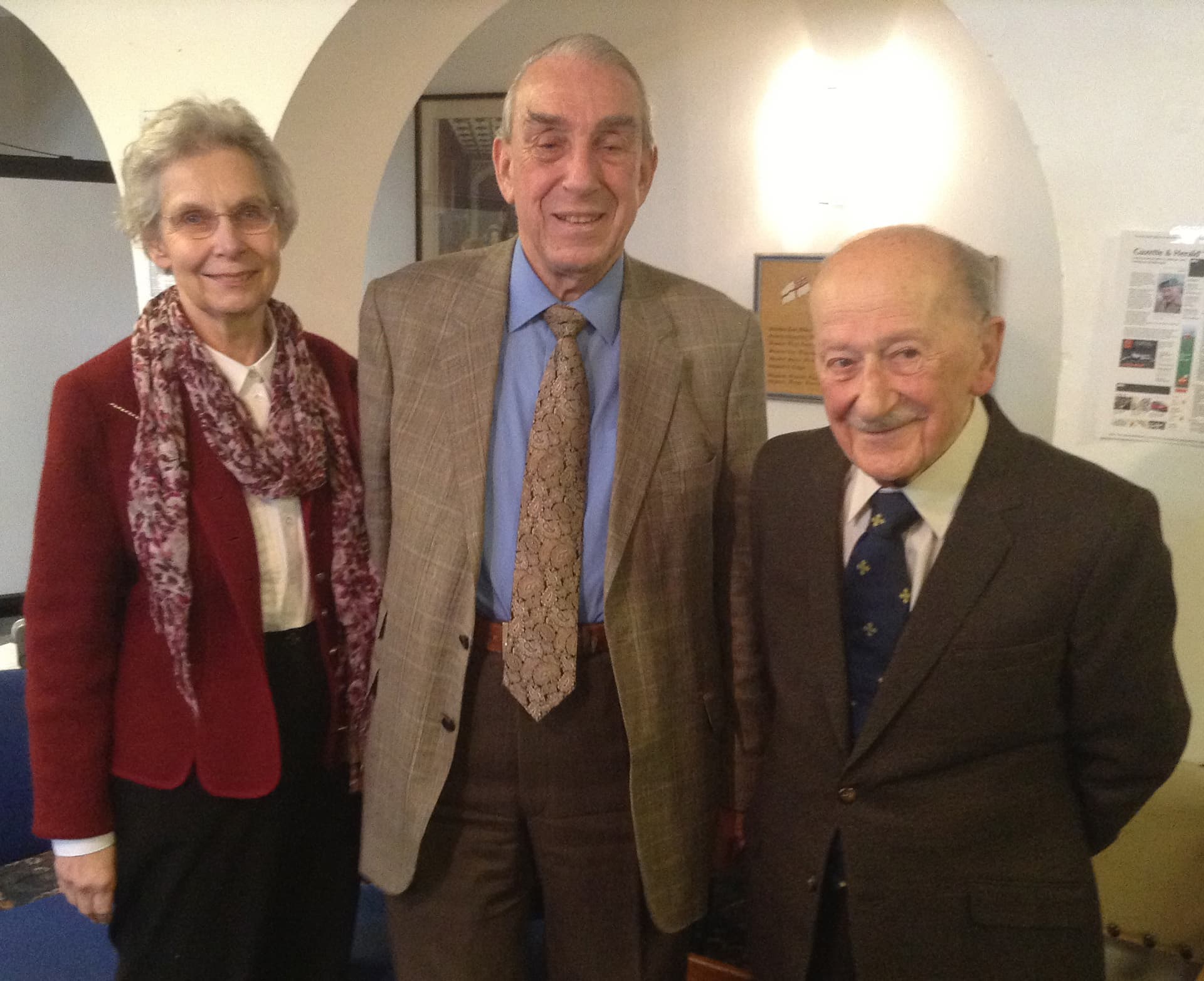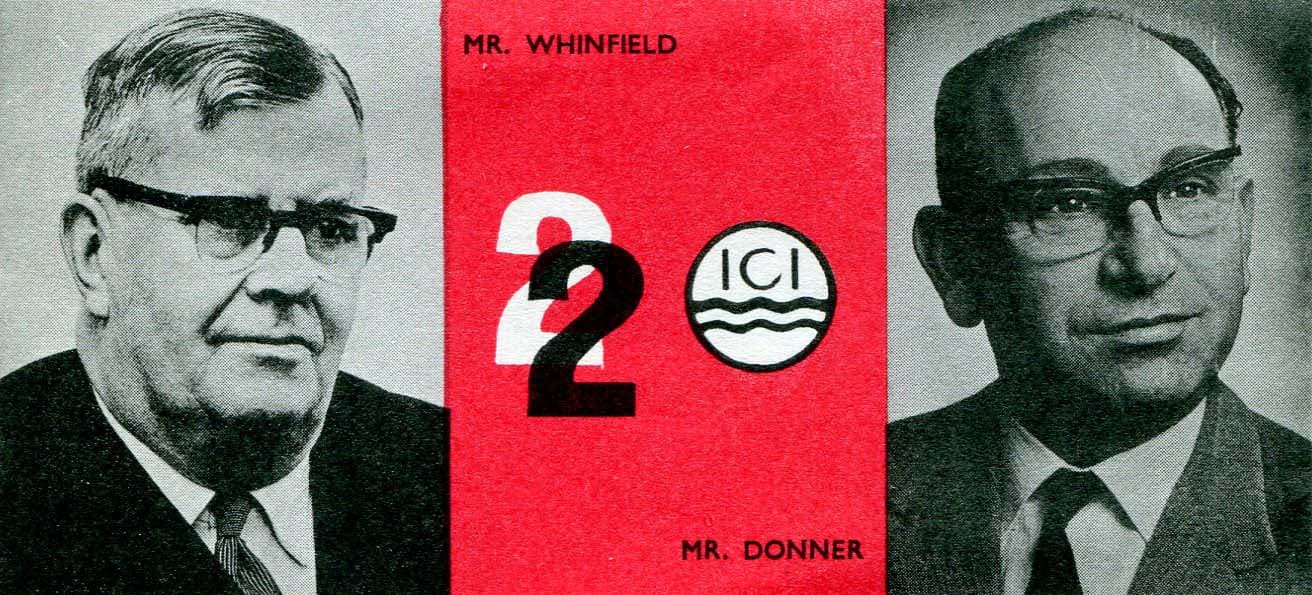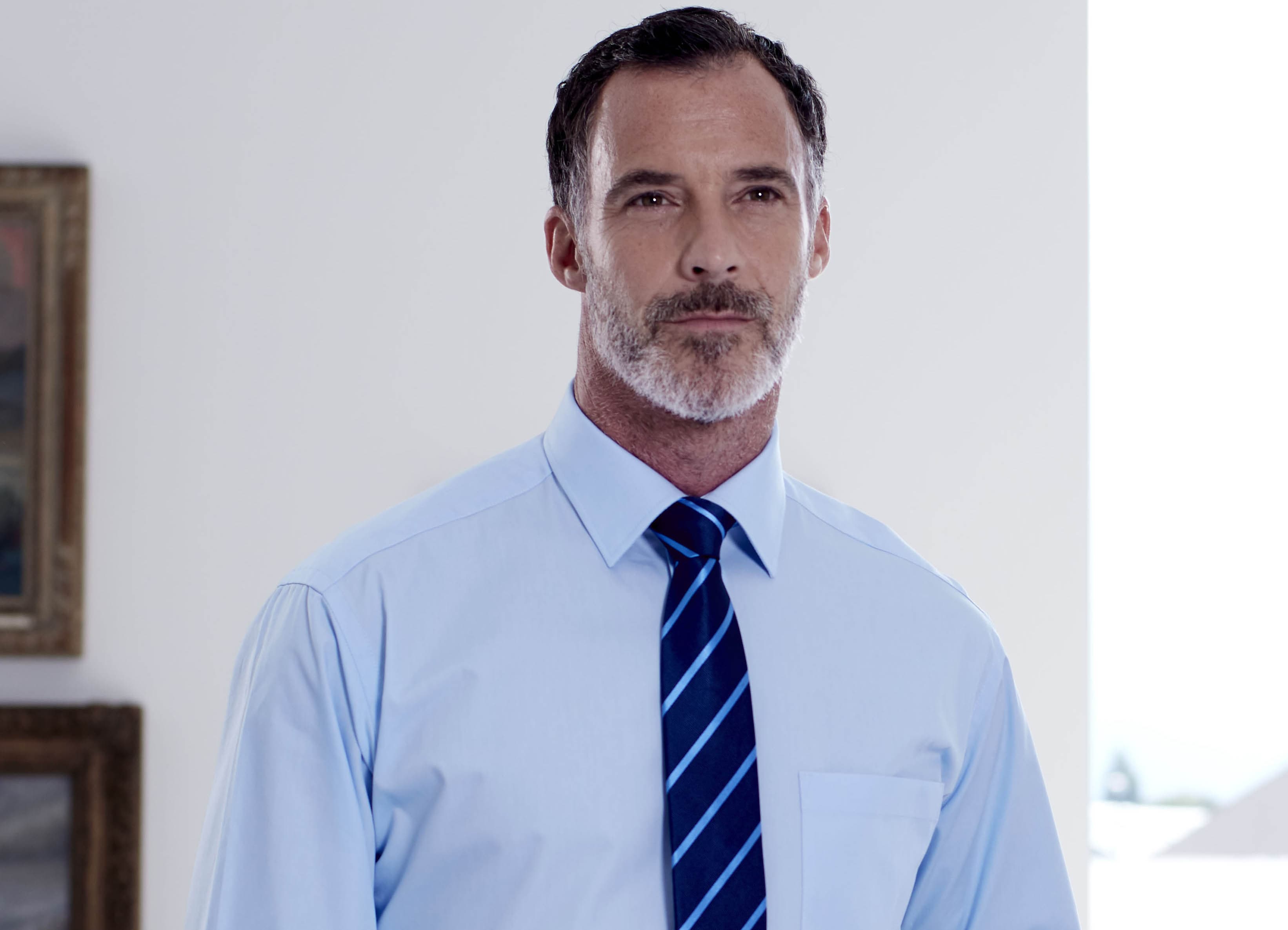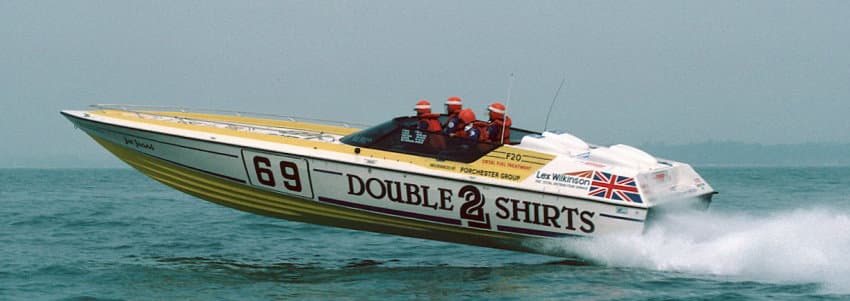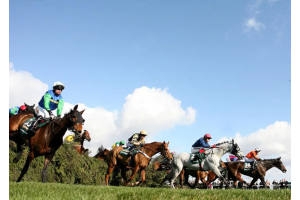About Us
-
Posted: August 31, 2017Categories: About UsRead more »
In a special post, we remember a man who helped found Double TWO and became a war-time British spy helping to defeat the Nazi war machine!
The late Harry Beckhough had a very eventful life indeed!
When the government gave the Donner family (who themselves had fled Nazi occupied Austria) a permit to start a shirt making factory in an area of high unemployment, it was Wakefield that was chosen. Acting as translator and business advisor to Isaac Donner, Harry Beckhough helped get the family on a train to Wakefield to meet with the Ministry of Labour and the Midland Bank. He helped to setup the business and stayed to work with the company, becoming its first ever salesman.
Harry studied four languages whilst at school, English, French, German and Greek, as part of a deal he states he made with the Headmaster to escape expulsion! Mr Beckhough passed all four languages with flying colours, winning a place at Bristol University to study German.
In the
-
Posted: August 31, 2017Categories: About UsRead more »
In a special nostalgic look back at our history, we first need to travel back to the early 1940’s.
The war had bought many scientific inventions as weapons technology developed, but it was the discovery of a new fibre that drew the attention of our Chairman, Mr Isaac Donner.
In 1941, in the midst of war, a scientist named Dr. Rex Whinfield derived a new fibre from oil. Despite this unlikely origin, the fibre looked and felt like silk and had many more qualities than any natural fibre could hope for.
The British government were so impressed with the discovery that the shackles of the Secrets Act were clamped on it until the end of the war!
Once the war was over, Dr Rex Whinfield along with Imperial Chemical Industries (I.C.I) patiently developed this man-made fibre for years, ironing out the snags and increasing its wonderful properties. They named it Terylene.
Then in 1951, just three days before the British Industries Fair, Isaac Donner, our founder a
-
Posted: December 05, 2016Categories: About UsRead more »
Double TWO are pleased to announce exciting plans to expand into India in 2017. This will include the opening of three retail stores located in call centres as well as a planned flagship store located in a shopping centre in the heart of Bangalore.
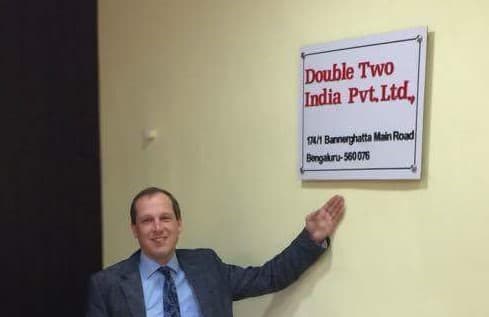
A range of Double TWO Shirts, ties, knitwear and cufflinks will be stocked within one call centre store while the other two will be ‘catalogue shops’.
Instead of carrying stock, these ‘catalogue shops’ will be able to use samples and sizing sets to choose what they want, before placing an order online. Orders will be delivered the next day in the Bangalore area.
Double TWO has rented a 10,000 sq. foot warehouse in Bangalore, and will hire staff and vans for the next-day delivery service. Retail staff will be hire
-
Posted: October 26, 2016Categories: About UsRead more »
In a special dose of nostalgia, we take a trip down memory lane to 1984 and the 'Everest Double Glazing' Round Britain Offshore Powerboat Race.
The race, which had previously been held in 1969 and has only ever been held once since, in 2008, was a 10 stage tour around the British coastline. With huge costs involved, sponsorships were invited involving some of the big brands of the time. Double TWO were delighted to be involved.
Beginning in Portsmouth, 28 powerboats set off racing to Falmouth. Leg 2 saw a race further up the coast to Fishguard in Wales, then to Douglas on the Isle of Man, a race around the Isle of Man for leg 4 and then on to Oban in Scotland. Competitors then cut through the Caledonian Canal as part of a non-racing cruise before resuming the race from Inverness to Dundee. From there the race continued to Whitby, to Great Yarmouth, to Ramsgate and then finally back to Portsmouth. A total race distance of 1,650 miles.

